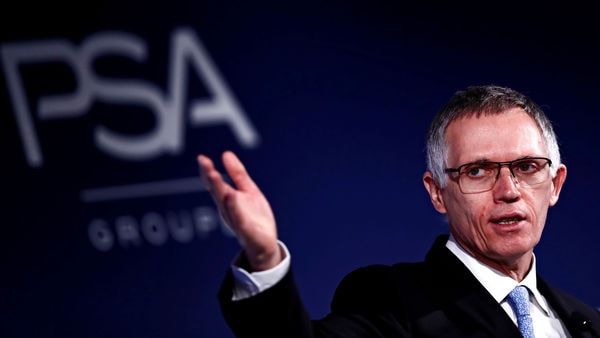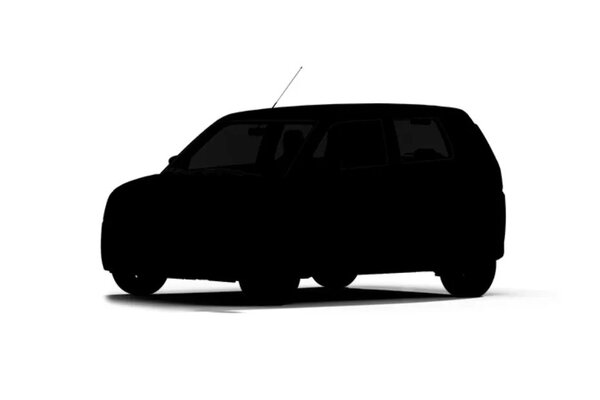Peugeot boss Carlos Tavares has car manual for fixing Fiat Chrysler


With a track record of streamlining Peugeot's portfolio of vehicles, engines and platforms and offering generous layoffs Carlos Tavares has a ready-made manual for combining France's most profitable carmaker with Fiat Chrysler (FCA).
FCA, which is merging with Peugeot owner PSA in a $50 billion combination, has so far failed to reach sustainable profitability for its small passenger car business in Europe, something which Tavares found a successful formula for at Opel and Peugeot, which are both heavily exposed to the segment.
Also check these Cars
Before Tavares took on Peugeot in 2014 it was loss-making, requiring a capital injection from the French state, while Opel, which it bought from General Motors in 2017, had racked up losses of 20 billion euros ($22 billion) in the previous decade.
By the first half of 2019, after Tavares and his team went to work cutting complexity, Opel made a 700 million euro profit.
"The key element of this deal – the very fulcrum – is Carlos Tavares. He's been talking about the assets and attractions of FCA for at least 4 years," said Bernstein analyst Max Warburton.
"He's long coveted the profit potential of Jeep and RAM. He's long pondered the potential of FCA's European brands and business," Warburton added after the FCA-PSA deal was finalised.
Tavares success came partly from streamlining the model line-up, the company is phasing out the Peugeot 208 GTi, 308 GT, as well as the Opel Adam, Cascada and Karl models, and moving all new vehicles to PSA's CMP or EMP-2 car platforms.
This contrasted with General Motors, which built Opel and Vauxhall cars and vans on nine different platforms.
Cardon crunch
One area Tavares will be able to use to the combined company's advantage is that PSA's underlying vehicle architecture is more modern and flexible than FCA's giving it an edge ahead of stringent new emissions rules in 2021.
By next year, CO2 must be cut to 95 grammes per kilometre for 95% of cars from the current 120.5 grammes average in Europe, a figure that has risen of late as consumers spurn fuel-efficient diesels and embrace SUVs.
PA Consulting, which extrapolated future emissions penalties by using historical registration patterns, forecasts that FCA could face a 430 million euros fine as a result.
A further 15% cut in CO2 is required by 2025, extending to 37.5% by 2030. Fines of 95 euros ($105) per car, per excess gramme of CO2, can quickly add up to hundreds of millions.
Even by the time PSA bought Opel in August 2017, Tavares had cut about 3,000 French assembly line jobs at PSA each year through voluntary departures to trim the wage bill to 11% of revenue from 15%.
Tavares also took a more stringent look at the profitability of distribution and sales networks, overhauling Opel and Vauxhall's sales organisations in Ireland, Greece, Czech Republic and Slovakia, hiring new importers and weeding out unprofitable dealerships.
To cut excess car assembly and engineering staff without forced redundancies, PSA offered Opel workers "speed bonuses", which offered more generous buyouts for those who left quickly.
Tavares also publicly stoked competition among Peugeot and former Opel factories to bring down costs and raise quality, successfully playing off workers to achieve his targets.








 40 kWh
40 kWh 150 Km
150 Km



 998 cc
998 cc Petrol
Petrol











